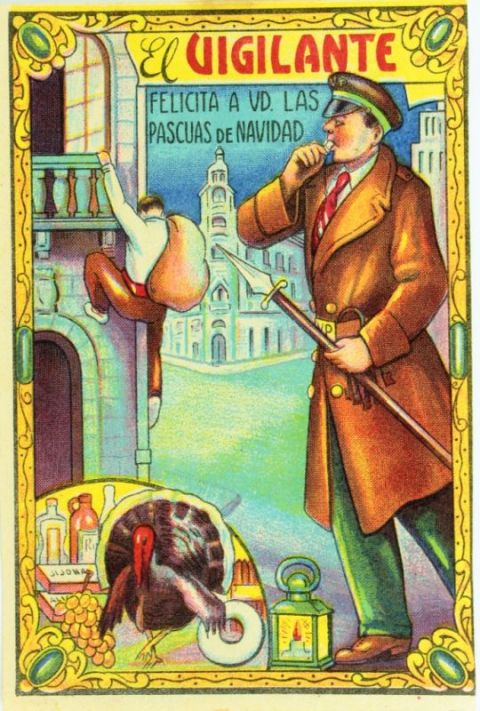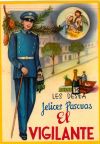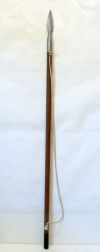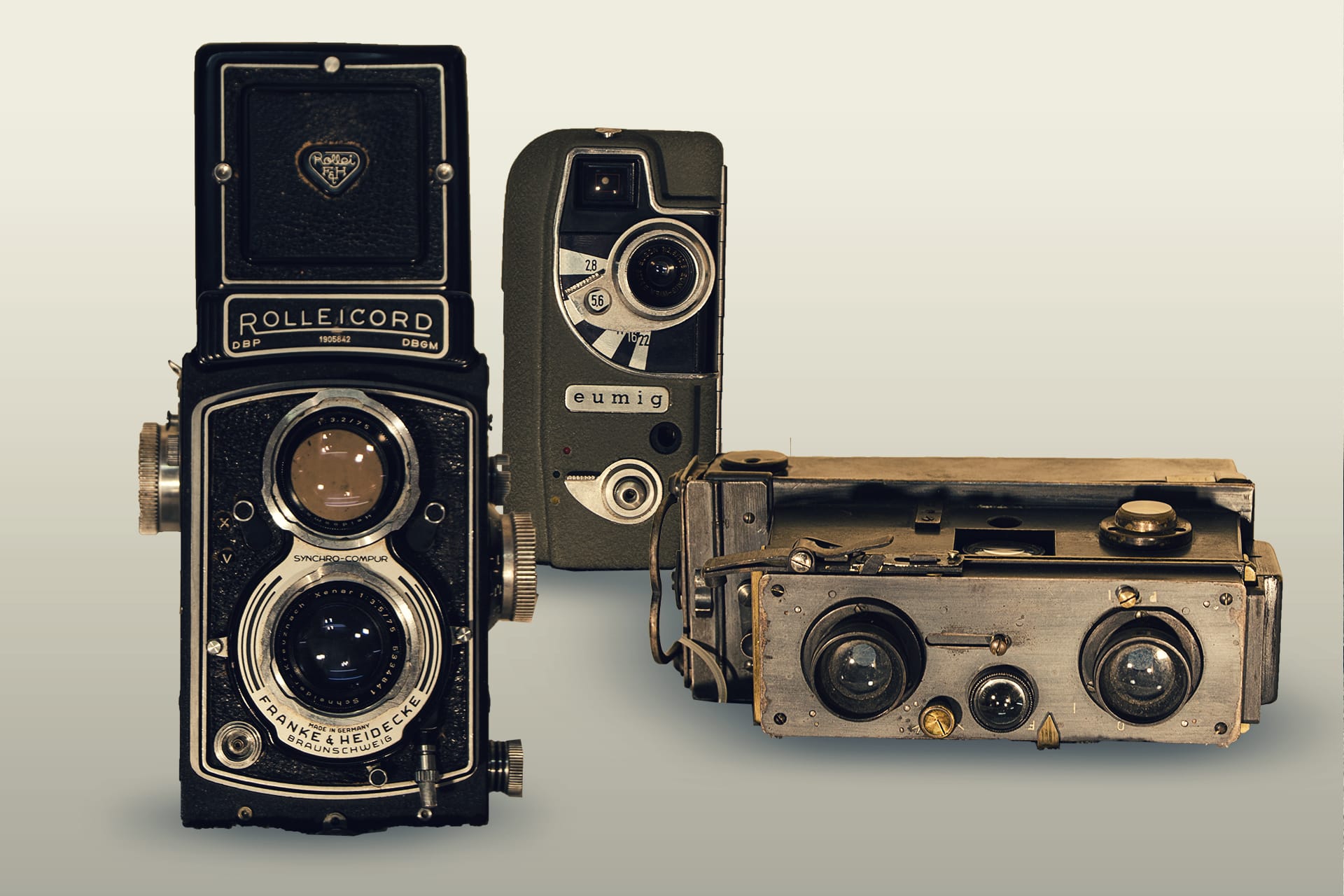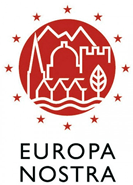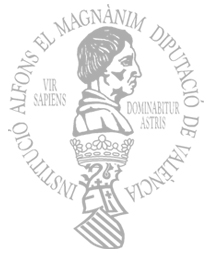
The serene
10-02-2022
Among the traditional trades that disappeared throughout the 20th century is that of night watchman. Its origin seems to go back to the 18th century, when the doors were gates and the keys to open them were enormous; their weight was such that they could not be carried on top. This is how this figure arose, a kind of night watchman or porter -paid privately by the people who lived in each area- who guarded the keys and opened the portal to neighbors. But this was not the only task he had to develop. Throughout its history, the night watchman has been carrying other types of responsibilities.
When, in 1765, the King freed the neighborhoods from the obligation to take care of and be responsible for the lanterns, the Official Corps of Watchmen was created, initially workers who had to act as "lighting boy". Since then, the night watchman was in charge of lighting the oil lanterns every night, turning them off at dawn and ensuring their maintenance and safety, preventing night thugs from committing acts of vandalism with them (quite recurrent apparently, given that artificial light opened the doors to nightlife). Until then, it was the neighbors and the neighbors who turned on the lighting, who cared for and cleaned the lanterns, paid for by the owners of the farms. It is curious that, in its beginnings, this lamplighting service only covered the winter season, from October to March, both inclusive.
But the true origin of the night watchman seems to be in Valencia. In 1777, the rocketry sector was suffering a deep crisis, since the trade was suppressed from Spain -and described as uncivil- by Royal Decree. The mayor at the time, Joaquín Fos, in order to help this sector financially, put unemployed rocketmen to watch the streets at night, this being the first Corps of Serenos.
In the year 1834, the job of the night watchman was included in a Royal Decree, and its functions, rights and duties became regulated from 1840, at which time the work of the night watchman and the lamplighter were unified and their figure extended through all of Spain.
In the city of Elche, due to the increase in insecurity and nightly altercations, the local authorities created the Municipal Guard of Serenos or Lighting Police in 1857. At first, the payment of this Corps was delegated to the neighborhood itself, but the problems derived from this forced the City Council to assume the service of the night watchmen in its budgets.
Among the tasks of the night watchman or watchman, already regulated, were: making the night patrols through their assigned streets, without leaving them at any time without sitting down or talking to anyone, to ensure safety and order; admonish and stop thieves or robbers and avoid fights; prevent the circulation of beggars, drunkards and prostitutes; lend and ask for help; notify the neighborhood and firefighters in case of fire; prevent noise after hours from disturbing the neighborhood; accompany neighbors to their homes and light their way; eliminate leaflets or posters with information contrary to the Government… But one of the things that attracts the most attention among their chores is the fact of telling the time and the weather.
From this last task comes its name. The watchman was shouting or singing through the streets the time and the weather, shouting the word "serene" in case of a clear sky. “Eleven and serene. Twelve and serene. One and rain…”. The neighbor only had to shout “serenoooooo” and/or clap his hands and he would reply “vaaaaaa” or directly indicate if it was raining.
As for attire, the night watchman basically wore a cloth cloak or overcoat and a peaked cap. The usual thing was that they carried a lantern or flashlight, a chuzo - a kind of spear ending in a point that allowed them to hang and raise the lantern - and a bronze whistle to give the alarm voice to the pertinent authorities or communicate between the watchmen themselves. . More towards our days, they no longer carried the chuzo but a cane, without a spike, and neither did the lantern.
The popular saying "they have taken you for the night watchman's dick" comes from this trade. There was a time when the night watchman used the whistle so much, for anything, that the police decided to ignore him. Hence that expression that means they don't take you seriously.
But not all citizens could be serene. To enter the Corps they had to meet certain requirements: be robust, measure at least a meter and a half, have a strong and clear voice, know how to read and write, and be between 20 and 40 years old. Nor was it, apparently, a very well-paying trade. The night watchman's economic hardships were such that even his salary was not enough to eat and they were forced to use charity. Very popular were the Christmas greeting cards with the image of the watchman or night watchman, wearing his characteristic clothes, holding the bunch of keys or carrying the pole and the lantern. The night watchman handed out these cards to private houses, to try to get some bonus and get some extra money.
The figure of the night watchman existed until 1977, only as a key keeper, companion to the portal and night watchman. With smaller keys, intercoms, police-guarded streets, and radio or television to tell weather variations, their chores were no longer necessary. In more recent years, already in the 21st century, certain Spanish municipalities have recovered this tradition -such as Murcia, Gijón, Premià de Dalt, Santa Coloma or the Madrid neighborhood of Chamberí- to monitor the streets and businesses against robberies, mainly.
Author: Marian Tristán, coordinator of the School Museum.
Sources
- SIMÓN PALMERA, M. C.: "Lamplighters and watchmen (notes for their history)" in Anales, Institute of Madrid Studies, 1976, pp. 183-204.
- https://urbanexplorerapp.com/el-sereno/historia/
- www.avantservicios.com/el-sereno/
- www.elespanol.com/alicante/cultura/20210712/serenos-provincia-alicante-empleados-precarios-antano/595940833_0.html
- www.yporquenounblog.com/2019/01/de-las-fabricas-de-luz-en-elche-1.html
